The Untold Story of a Trans Forest Guard in Uttarakhand — Through the Eyes of a 23-YO Filmmaker
“Main bhi toh insaan hoon!
Mere andar bhi toh dil hai na…”
“Main khushi khushi jeena chahti hoon…”
(“I’m a human being too — I have a heart that feels, just like anyone else.”
“I want to live… and live with joy in my heart.”)
These are the words of Babban, a Muslim trans forest guard in rural Uttarakhand, who is dealing with the stigma attached to the queer community and ailing with Human Immunodeficiency Virus and Acquired Immune Deficiency Syndrome (HIV/AIDS) while trying to live a life where one day, they can be happy.
When I came across the trailer of ‘Babli By Night,’ Neel Soni’s debut documentary that explores themes around being a trans woman in a minority community in rural India while suffering from life-threatening HIV/AIDS, I knew I wanted to uncover the process. I wanted to know the nuances that Neel must have taken care of as he was bringing Babban’s real-life struggles and familial confrontations on camera.
The 23-year-old filmmaker from Delhi has already begun making his mark. Babli by Night, his debut documentary, has been longlisted for the 2025 BAFTA Student Awards in the documentary category — one of just 75 films selected from over 1,000 submissions across 39 countries. The film has also been officially selected for the 2025 New York Indian Film Festival and the 2024 Rome Short Film Festival.
The next day, I reached out to Neel and invited him for a candid interview with The Better India. He joined in along with his film editor, Shubika Sharma, and his aunt, Ayesha Grewal, to share more about his journey — and what drove him to explore such sensitive, often overlooked themes in his work.
Finding a calling in the forests
As we spoke, what stayed with me was just how personal this film is to Neel — not only as a filmmaker, but as someone shaped by the layered, often unseen stories surrounding him growing up. Babli by Night isn’t just a documentary. For Neel, it’s a way of honouring a life that might have otherwise gone unnoticed.
“I was introduced to the forests when I was nine years old by my Maasi (maternal aunt). I eventually picked up the camera and started taking photographs. But after some time, photography saturated me and I yearned to discover something more. That’s how filmmaking happened,” shares Neel.
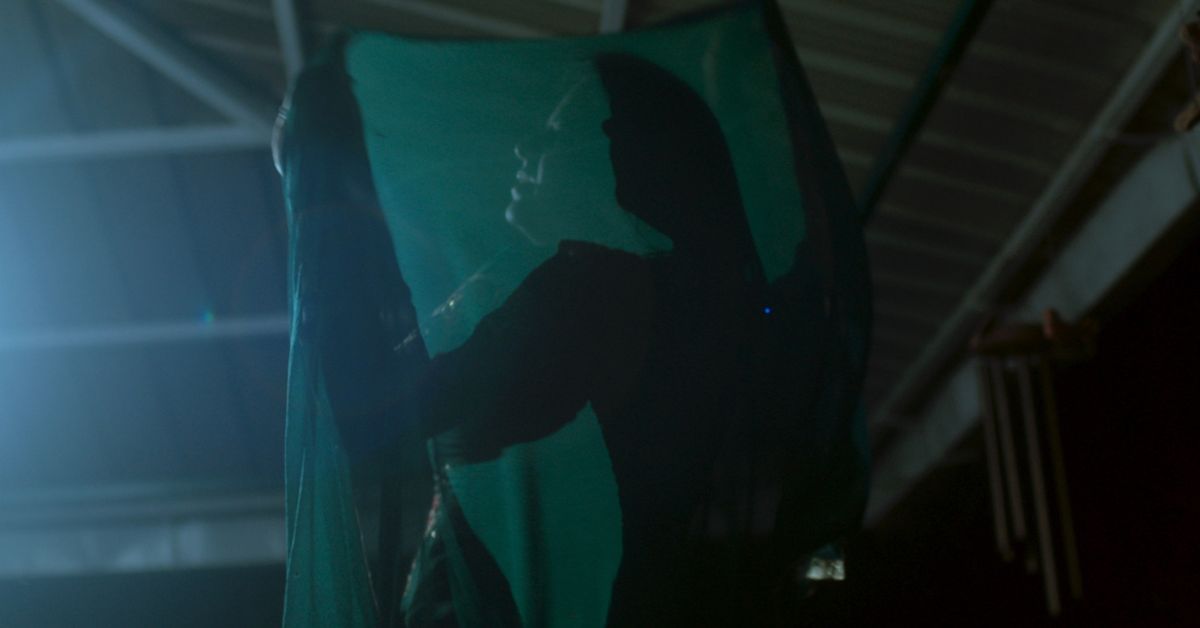 “But by night, when I came back, I saw the same person in a salwar suit, singing and dancing around the bonfire.“
“But by night, when I came back, I saw the same person in a salwar suit, singing and dancing around the bonfire.“
“I met Babban when I was 13 on one of my safari trips that I do for wildlife photography. During the day, I saw this one hardcore ‘Vardi wala’ (in uniform) guard with a gun and a disciplined persona. But by night, when I came back, I saw the same person in a salwar suit, singing and dancing around the bonfire. As a child, I was taken aback, intrigued and curious at the same time. So over the decade, I kept meeting Babban on my visits to Jim Corbett National Park to understand them and vice versa,” Neel recollects.
Bridging silence with sensitivity: A storyteller’s responsibility
As I listened to Neel speak about the care needed when telling stories that can deeply affect someone’s life, I reflected on our role as young storytellers. How can we bring important issues into the spotlight while also making sure we don’t hurt the very people or causes we hope to support?
“When the film was brought to the editing table, we were trying to be as cautious as we could. The whole idea of the film centres around the sheer lack of understanding of the LGBTQIA+ community in rural India. There were parts of the film that could have been in the final edit and would have made the film better. But when a person shares their story, how we tell it on camera comes with a huge responsibility,” stresses Neel.
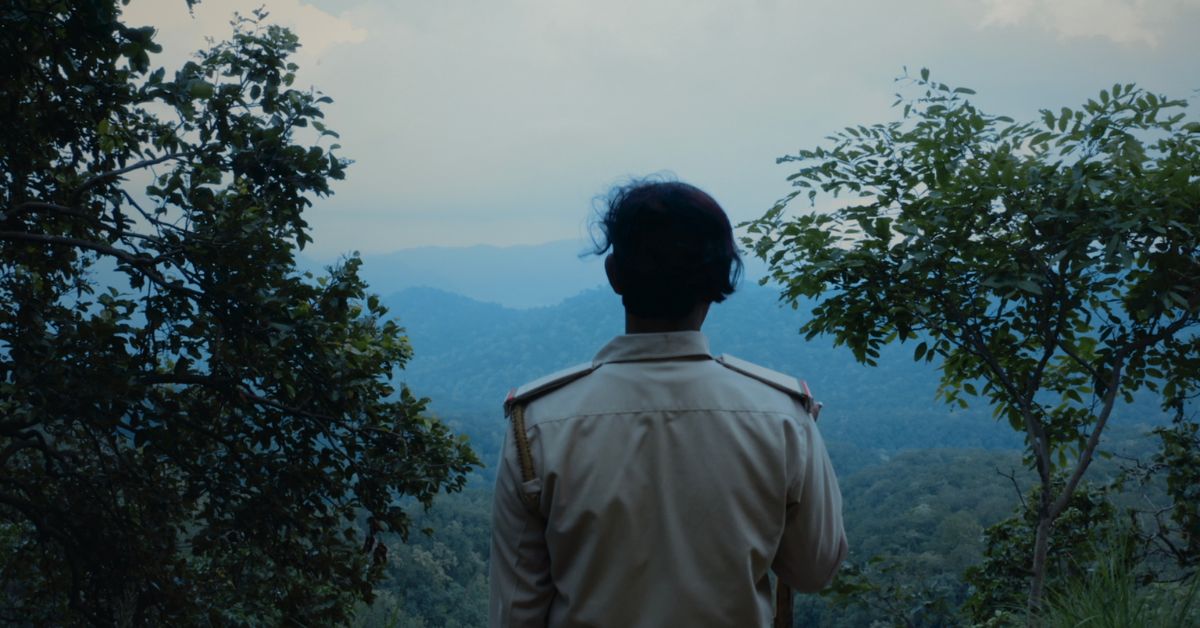 ‘Now, it doesn’t matter. Whatever time I have left, I want to be happy.’
‘Now, it doesn’t matter. Whatever time I have left, I want to be happy.’
As Neel spoke about the delicate balance between truth and responsibility, it became clear that Babli By Night was not just a documentary but a deeply personal commitment. Every decision, every frame, was weighed not just for its cinematic value but also for its emotional and ethical impact. But even with all that care, nothing could have prepared the team for what came midway through filming—a moment that would shift not just the narrative but the emotional core of the entire project.
A four-year journey and a life-altering diagnosis
“‘Now, it doesn’t matter. Whatever time I have left, I want to be happy.’ This is what Babban wanted — and it’s the spirit we’ve tried to capture in the film,” Neel shares. He goes on to reveal that Babban’s HIV diagnosis came during the course of filming, making the story even more personal and urgent.
“It took us four years to make this film, and when Babban tested positive for HIV, I was in two minds — if I should even delve into this layer,” Neel admits. But what ultimately pushed him forward was Babban’s own resolve — a desire to live fully, no matter what the world had in store. That strength became the heart of the story.
As Shubhika added her take on the film, the account felt similar to travelling in the mountains of Uttarakhand — the place where Babban lives. You might be driving up the hills, and just as you think that the difficult terrain is over, you come across a sudden unexpected turn, and you are left with only two options — either let it go or face the bull by the horns.
“Neel shares a close bond with Babban. So, when we got to know about this, our first reaction was concern. Later, we made sure that Babban was okay in bringing this out to the world. After having multiple conversations, mutual understanding and getting Babban’s consent, we proceeded with the angle,” Shubhika says.
In the beginning, the film didn’t include Babban’s HIV diagnosis — it was already exploring several sensitive themes. But about two and a half years into the process, Neel received a WhatsApp message saying that Babban was unwell. After a series of tests, it was confirmed that they had HIV and Hepatitis B. Shubika, the film’s editor, adds that the documentary also captures Babban’s interactions with doctors, offering a more intimate glimpse into their life and the challenges they faced.
Building bonds that go beyond the camera
“Ab tumhara interview hua pura?… Theek hai bas, toh bandh karo”
“So, your interview’s over now? … Okay, that’s it then — shut it down.”
These are the words of Babban’s mother, who appears in the documentary. In the trailer, she’s seen holding the edge of her dupatta, quietly wiping away the tears streaming down her face. She sits in front of the camera — a mother grappling with a truth she’s not ready to accept, struggling to see her child as someone who exists beyond the boundaries set by society. And as she mourns, slowly and silently, the loss of who she thought her child was, we’re left wondering: in moments like these, is there really a right or wrong?
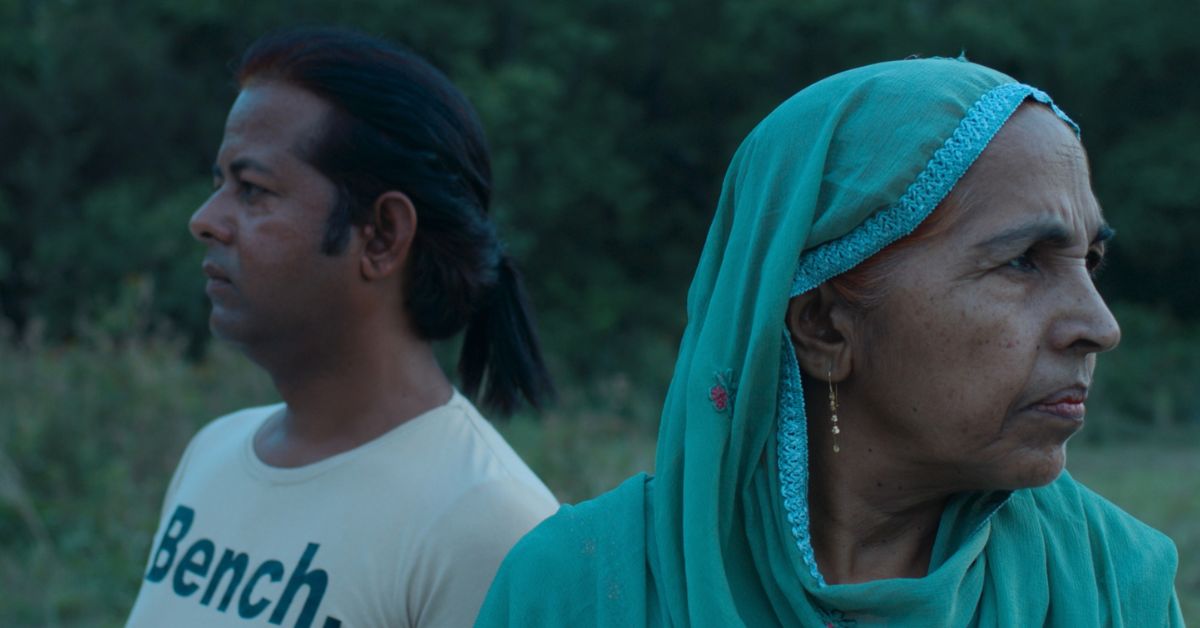 A mother grapples with a truth she’s not ready to accept.
A mother grapples with a truth she’s not ready to accept.
Neel adds, “Forming a relationship with not only Babban but also the other people in the documentary was crucial. I have stayed with them for months to form that bond and build trust so that they could become comfortable sharing their perspectives with me. However, there were a bunch of people who also refused to talk to me.”
By this point in our conversation, it was clear that making this documentary was only part of the journey. The real weight lay in caring for the people within it — from supporting a protagonist in urgent need of medical attention to holding space for a mother torn between love and denial, longing for a version of life that no longer exists. It’s hard to fully express what I felt in that moment. But one thing was certain: beneath everything, we are all human — and every one of us deserves the right to live with dignity, on our own terms.
When the story fights back: the unseen struggles behind the camera
What is a journey without speed breakers? Neel’s story is no different. He recalled that a number of times, there were issues around scheduling shoots due to his travel in and out of India. Babban and he were in touch, but still, there would be gaps, at times, in terms of timelines and conversations.
Shubhika adds, “On the edit table, we could see a visible difference in Babban before and after they were sick. It is a non-linear film that has been shot for so long. So, at times, it would look like it is not Babban because the change was so explicit owing to their illness.”
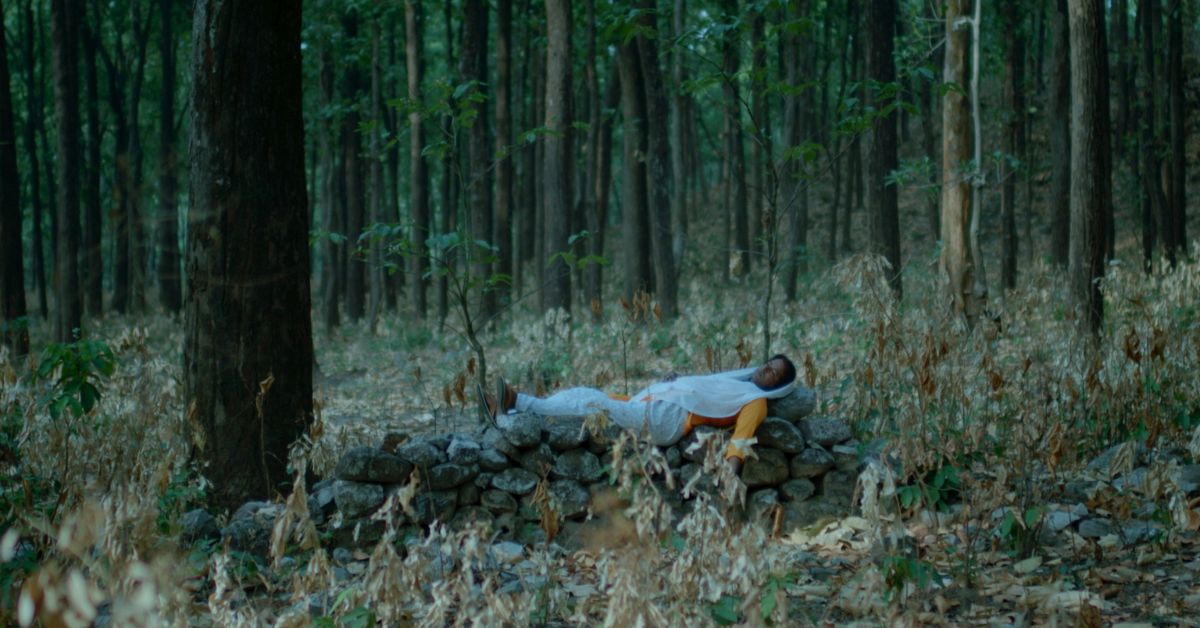 “After having multiple conversations, mutual understanding and getting Babban’s consent, we proceeded with the HIV angle.”
“After having multiple conversations, mutual understanding and getting Babban’s consent, we proceeded with the HIV angle.”
Neel also points out that one major roadblock that the team feared while shooting was that they were dealing with such a subject in an area where there was no understanding of queer rights. So, being extra vigilant in terms of how they interacted with the other folks in the film was crucial.
However, when it came to shooting in the Jim Corbett National Park, Neel highlights, “Shooting-wise, the Uttarakhand Forest Department and Jim Corbett’s authorities never posed any obstructions and I am glad that getting permissions to shoot was never a cause of concern for me.”
Voices, vision, and trust: building a film with heart
When embarking on a trek, it is best to have people who have your back when you are climbing treacherous peaks and crossing unpredictable streams. Just like those supportive fellow mountain climbers, Shubhika helped Neel shape his vision, while his aunt, Ayesha, taught him the basics of being a gentle human, which played a pivotal role in developing a profound camaraderie with Babban.
Shubhika shares, “I was introduced to Neel back in 2022 by Leena Yadav, who is the executive producer of the film. She told me that there is an aspiring filmmaker who has a unique idea. By that time, Neel had also made some edits. But that is how I got on board, and I resonated with the story. Since I have previously worked in the field of queer rights, I could see the potential in the film.”
While shooting a film is one aspect, editing it is another. Editing unknowingly weaves a bond of belongingness between the protagonist and the editor, who has witnessed Babban’s unfiltered life and now feels a close association with them.
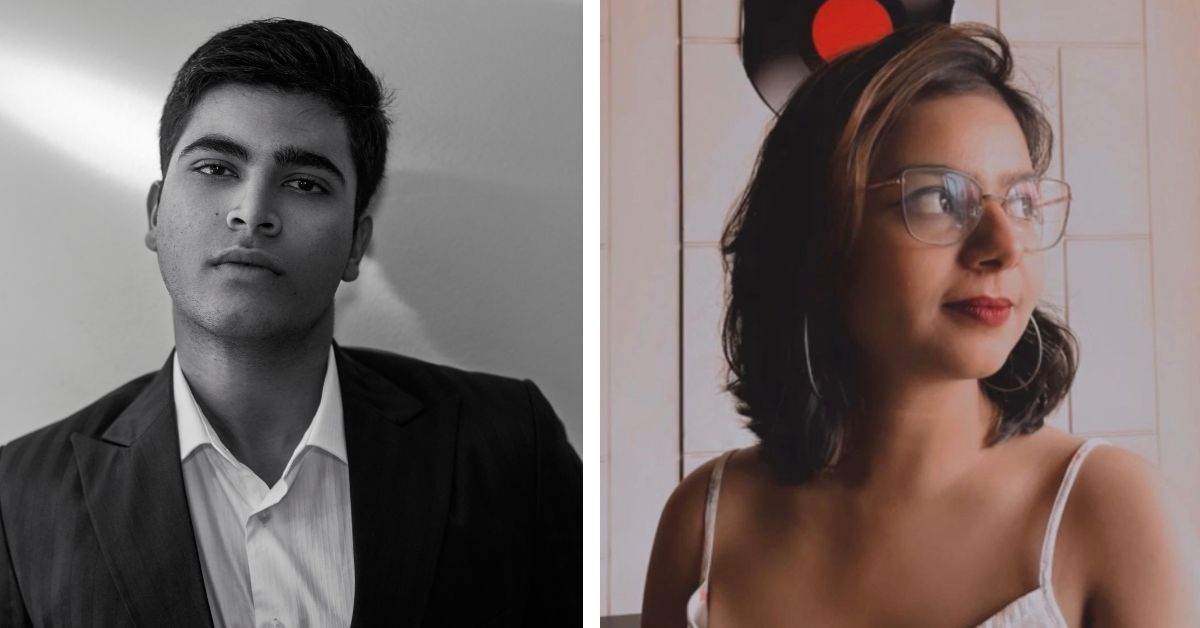 Neel Soni – The 23-year-old filmmaker from Delhi, and Shubhika Sharma – the editor of ‘Babli By Night’
Neel Soni – The 23-year-old filmmaker from Delhi, and Shubhika Sharma – the editor of ‘Babli By Night’
Ayesha, who is Neel’s maternal aunt, has been instrumental in his journey. She was beaming with pride while sharing how she felt about Neel’s achievements, “I am so proud of him. I have seen the film when it was 58 minutes long to its present version — I have witnessed his toil.”
Loving nature is one thing. Turning that love into a film that also captures the struggles of the queer community in rural India — that takes something deeper. It’s not a decision made overnight. It’s the kind of work that grows over the years, rooted in a quiet devotion to the land and a deep belief in the stories that deserve to be seen and heard.
Ayesha, who practices organic farming herself and likes to be close to nature, candidly shares one of her fond memories, “Neel and I started going to the forests when he was a child. The bond that we share today is because of wildlife and nature. He was two and a half years old, and we were at our farm in Rajasthan. It was a winter afternoon, and we were spending time in the greens when he spotted a bird and said, ‘Maasi, dongo!’ To me, it was surprising because for such a young child to be able to identify a bird by its name was out of the blue! It was a ‘drongo’ bird that he was pointing at. And having that interspersed with the fact that he was unable to pronounce the letter ‘R’ in it was quite adorable.”
Eventually, their love for wildlife and nature conservation made them spend myriad long weekends and holidays in nature’s lap, and on one such trip, they met Babban. That is how the story that was hidden in the canopy of societal norms and waited for years to be heard found its footing in a child’s predilection for the greens.
Ayesha also highlights that the documentary has left a lasting impression on her and how she now feels toward the queer community — compassion, love, and acknowledgment of the fact that we all are humans!
From forest trails to BAFTA longlist
When you’re working on something you truly care about, the growth you experience goes far beyond anything you’ll find in books. I’ve felt this deeply. Telling untold stories, meeting people whose lives rarely make it to the spotlight — that’s what keeps me going. It’s in those moments, in the quiet truths and raw realities, that I’ve found something bigger than outcomes. Something that feeds the soul and reminds me why I do what I do.
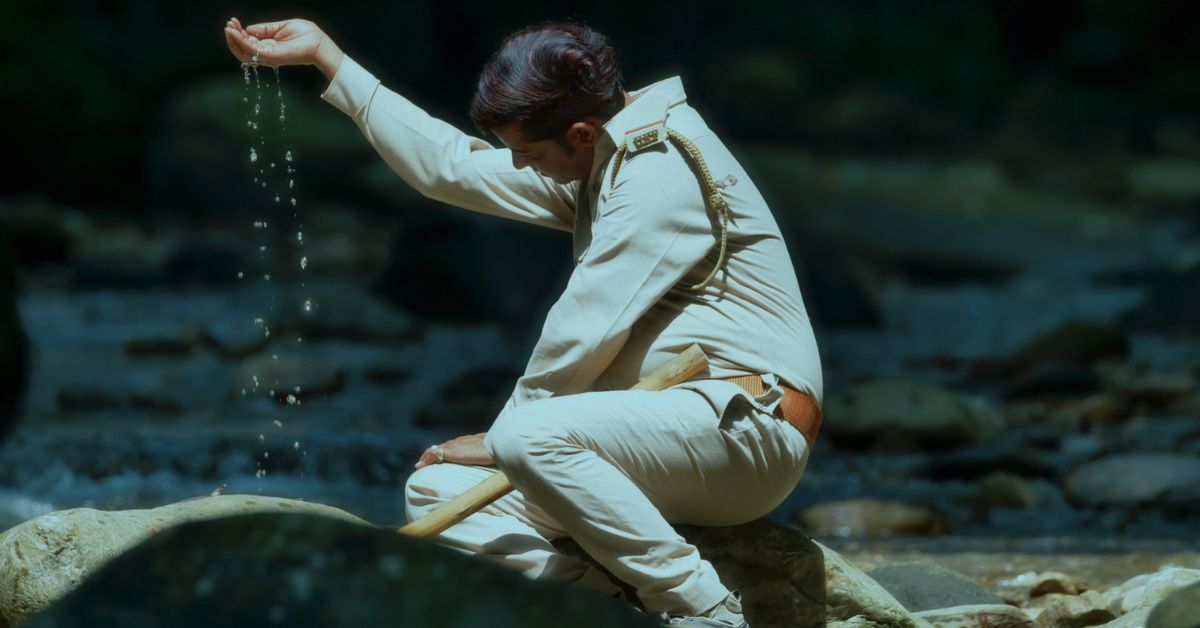 “Getting longlisted in the 2025 BAFTA Student Awards was completely unexpected!“
“Getting longlisted in the 2025 BAFTA Student Awards was completely unexpected!“
Neel shares, “Getting longlisted in the 2025 BAFTA Student Awards was completely unexpected! We have a tricky runtime of 24 minutes if you see it from a film festival’s point of view. Because of the short duration, I didn’t make it to a lot of film festivals, and I started questioning the film I had made. I didn’t even submit it to BAFTA. It was my college, Pratt Institute in Brooklyn, New York, that submitted on my behalf.” He further adds with excitement, “ I was in Delhi, and I received the longlist mail at three in the morning, and in that moment, whatever we had been through in the span of five years, it felt validated.”
A story rooted in nature, nurtured by humanity
As our conversation neared its end, I couldn’t help but feel the weight of everything this young filmmaker had dared to witness, record, and share. In Neel’s own words, “This film was born out of a place of curiosity, nurtured by compassion, and made possible because someone trusted me with their truth.” And truly, isn’t that what storytelling should be — honest, respectful, and deeply human?
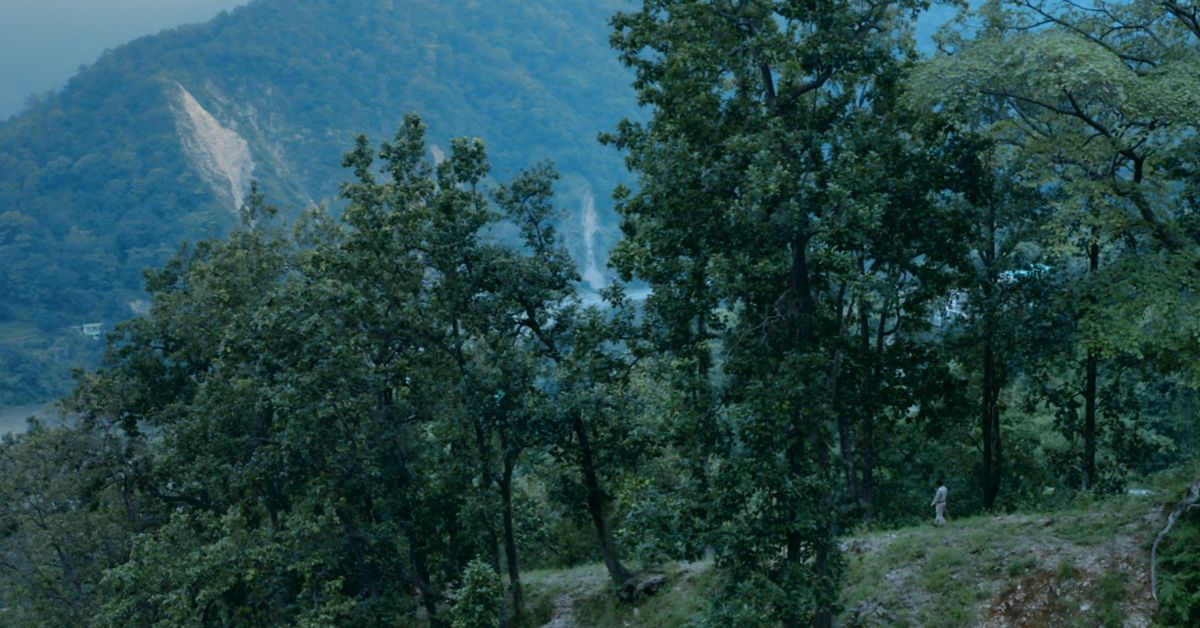 “Telling untold stories, meeting people whose lives rarely make it to the spotlight — that’s what keeps me going.“
“Telling untold stories, meeting people whose lives rarely make it to the spotlight — that’s what keeps me going.“
Through the lens of a forest, a salwar kurta, and a camera, Babli By Night goes far beyond a documentary — it becomes a quiet revolution.
As Babban dances under the stars, somewhere in the forests of Uttarakhand, the world now has a chance to pause, watch, and perhaps begin to understand.
Edited by Leila Badyari; All images courtesy Neel Soni
News